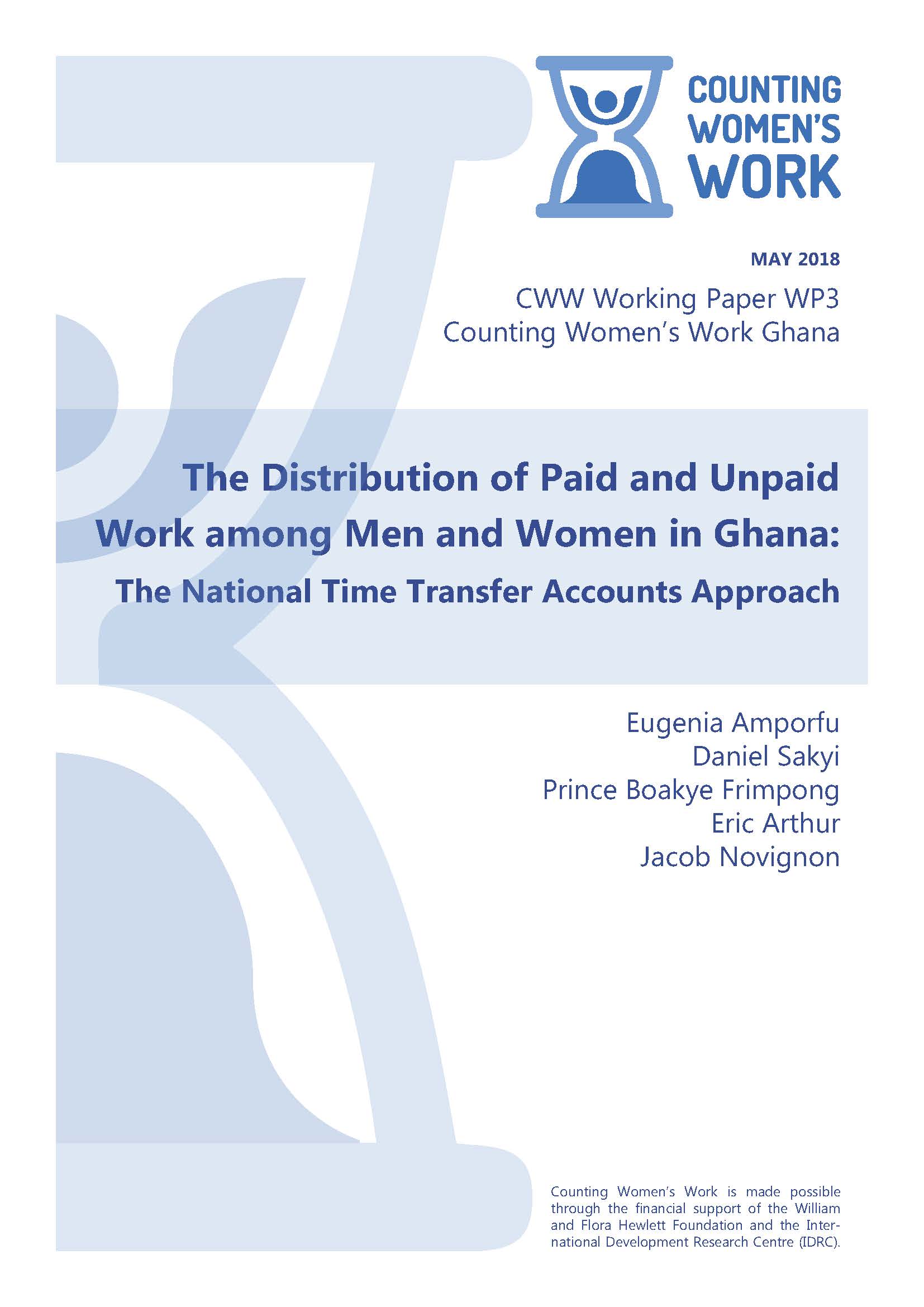
GHANA
Women working a "double shift" in the market and in their households
Counting Women's Work research in Ghana has shown the extent to which unpaid care work is creating gender inequality that disadvantages women. To help provide income for their families, women in Ghana have high market labor force participation and work long hours compared to women in many other African countries. They also do most of the unpaid care work in their households as well, meaning a "double shift" of work at a job to earn money and another job to care for family members.
CWW research in Ghana provides evidence of these patterns and helps policymakers focus on efforts to decrease unpaid care work burdens on women by sharing them more equitably with market-based providers and with men.





